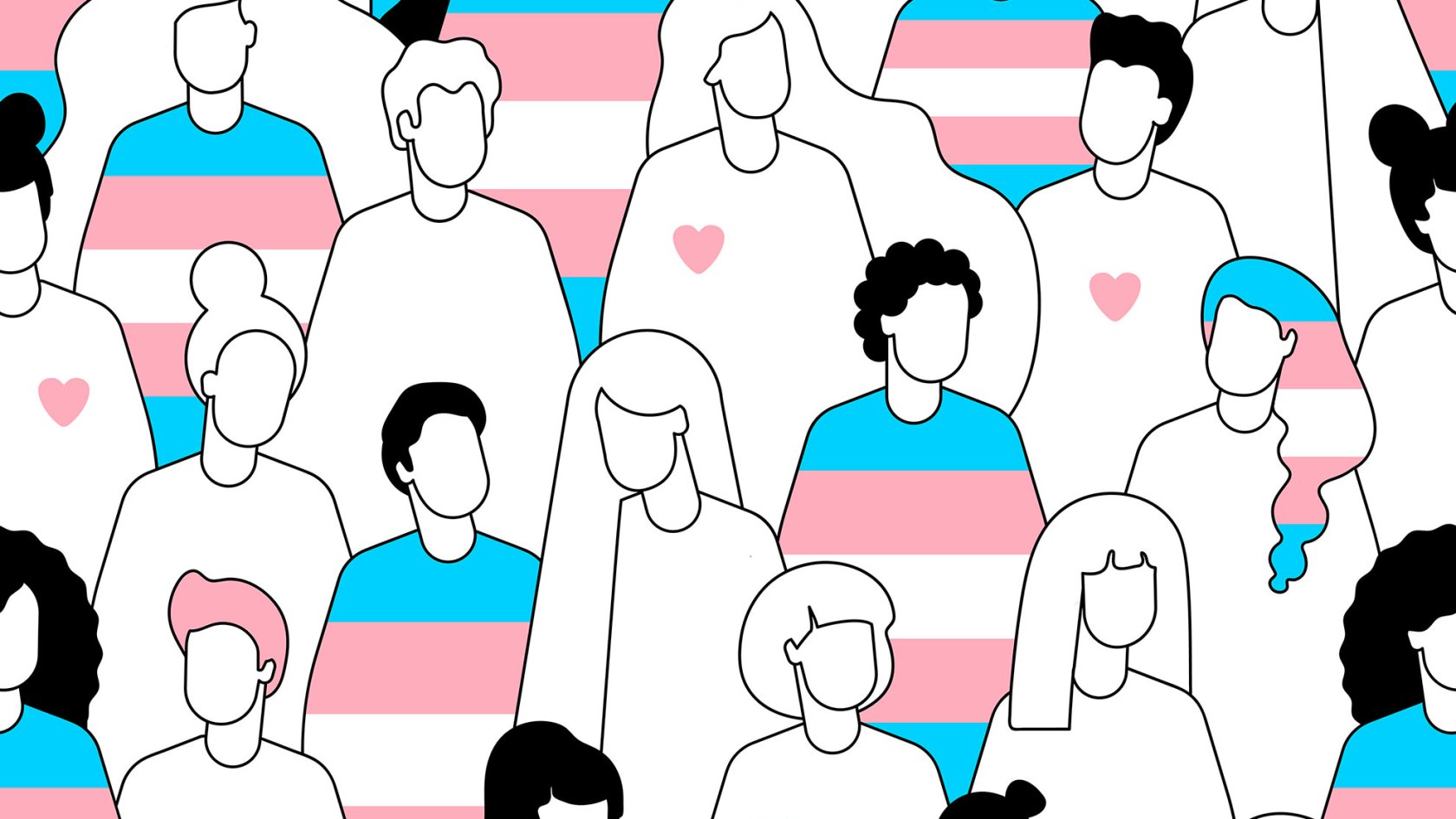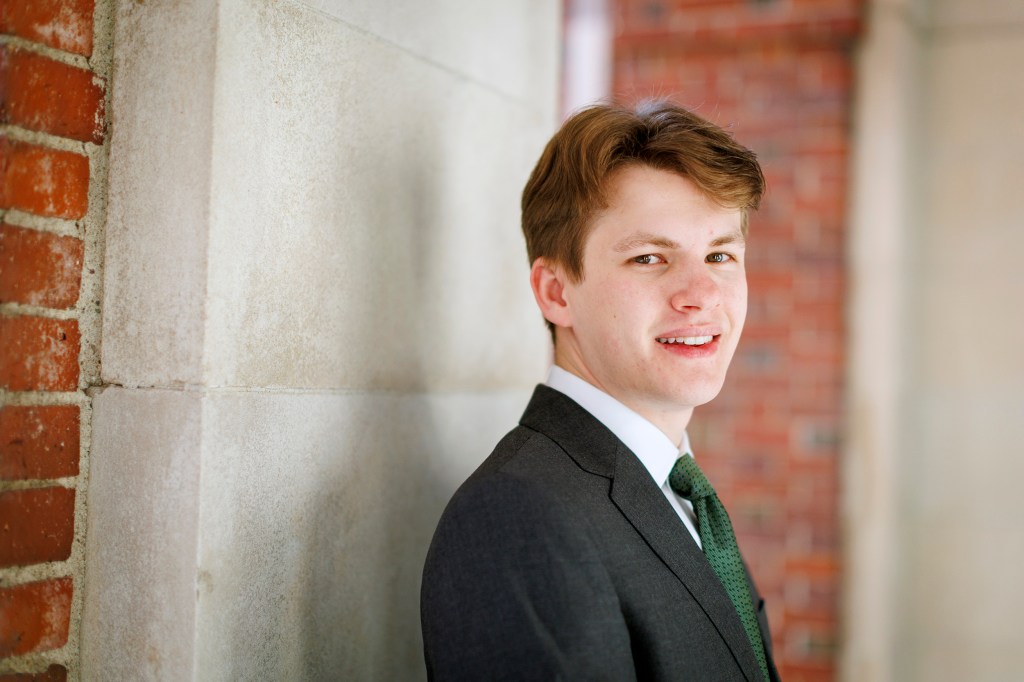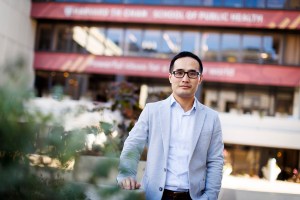
transgender crowd of people seamless pattern. International Transgender Day,31 March. Different people marching on the pride parade. Human rights.transgender person.transgender pride flag. transgender Pride month concept.Online Dating.
text with link.
This is a quiz.
Kindness Quiz (1)
Some text

Name Name
Quo modo autem philosophus loquitur? Tecum optime, deinde etiam cum mediocri amico. Invidiosum nomen est, infame, suspectum.

Name Name
Quo modo autem philosophus loquitur? Tecum optime, deinde etiam cum mediocri amico. Invidiosum nomen est, infame, suspectum.
- list item
- list item
- list item

Name Name
Quo modo autem philosophus loquitur? Tecum optime, deinde etiam cum mediocri amico. Invidiosum nomen est, infame, suspectum.
-
Charles Peirson Lyman, 87
At a meeting of the Faculty of Arts and Sciences on Oct. 3, 2023, the following tribute to the life and service of the late Charles Peirson Lyman was spread upon the permanent records of the Faculty.
-
In stutter, artist finds voice
Poet and musician embraces onetime “curse” in compositions inspired by nature and Blackness.
-
Imani Perry, Jason Buenrostro land MacArthur ‘genius grants’
One for interdisciplinary interpretations on history, culture of Black America, the other for pathbreaking technologies to advance study of gene expression.
-
Resolving ethnic, religious violence
The roughly three-year initiative is designed to further understanding of ethnic and religious violence while advancing solutions.
-
New president, new year, new directions
“Why not?” asked Claudine Gay, Harvard’s 30th president, in her inauguration address, reaffirming the University’s commitment to the hard work of cutting-edge exploration and deep engagement with global challenges. But first, it was time to celebrate.
-
Wedding gift from her doctors — the ability to smile again
A complicated brain tumor surgery left Rebecca Grasso with facial paralysis. But thanks to a series of nerve transfers at Harvard-affiliated Mass Eye and Ear, she was able to smile at her wedding.
-
Weighing the future of Harvard admissions
President Gay, other leaders discuss steps since SCOTUS ruling, share early thinking on potential for expanding opportunity.
-
Less rest, more stress for the weary
New study highlights a correlation between women who sleep less than eight hours at night and developing a greater risk for hypertension or high blood pressure.
-
Cloudy, wet, and muddy, but mood was sunny, warm
Well-wishers braved weather to share historic moment, excitement, celebrate it all in Harvard Yard.
-
Gay sees in Harvard the courage to change the world
Harvard’s 30th president marks her inauguration with thanks to trailblazers who pushed University forward, hope for a future enriched by diversity, debate, and deep engagement with global challenges.
-
Taking aim at global solutions
Panels examine challenges ahead: riven democracies, biomedical advances, raging inequity, climate change, harnessing AI, role of academy.
-
Let’s not be strangers
Harvard sociologist says her new book, “Seeing Others: How Recognition Works — And How It Can Heal a Divided World,” is a call to “recenter our understanding of inequality.”
-
When ‘The Boss’ is your therapist
New book by psychologist, sociologist surveys depth, complexity of Bruce Springsteen’s connection to his female fans.
-
‘A moment of possibility’
University Archives marks inauguration of Claudine Gay with two special displays.
-
Claudine Gay has big plans
New Harvard president welcomes the chance to channel “awe-inspiring” ambition of campus community.
-
Reopened Randolph Hall has strong sense of community
The reopening of Randolph Hall offers gathering spaces in courtyard, lounges, and study rooms, bringing a renewed sense of community.
-
Did winning the Nobel change your life?
Harvard laureates say it gave bully pulpit, brought invitations to speak (sometimes on subjects they know nothing about), meet kings (and play poker with Steve Martin).
-
Finding explanation for Milky Way’s warp
The Center for Astrophysics | Harvard and Smithsonian’s results bolster hypothesis of how galaxy evolved.
-
‘What is compelling to do right now?’
Marshall Ganz started at Harvard but took some time off — about three decades — to become Civil Rights, labor, political organizer, and finally scholar, mentor.
-
5 new women coaches on sports as spark for change
They discuss their paths to Harvard, coaching philosophies, and issues facing women athletes today.
-
Human brain seems impossible to map. What if we started with mice?
Harvard-led project seeks to create the first comprehensive diagram of every neural connection.
-
How federal missteps opened door to COVID misinformation
Anti-vaxxers, others benefited from mistrust engendered by early stumbles in messaging about virus, prevention, says New York Times health and science reporter Apoorva Mandavilli.
-
Tab for liver disease tied to drinking projected to double over 20 years
Researchers say planners, policymakers need to be looking to ramp up intervention programs, improve treatment.
-
‘Living one’s life during and after the violation of one’s humanity’
Ruth Simmons’ memoir traces everyday natural beauty, mortal peril of growing up Black in 1940s rural Texas
-
Is organic better?
Not if you follow the evidence, researcher says
-
The link between gentrification and gun violence
Comparison with other communities finds rate is 62 percent higher, according to new study.
-
When your hobby becomes breaking World Records
Duo achieved sweet feat — “greatest distance catching a gummy candy in the mouth” — at Harvard Stadium when the lighting was just right.
-
In fall, a reader’s mind turns to campus books
A reading list for the new school year.





